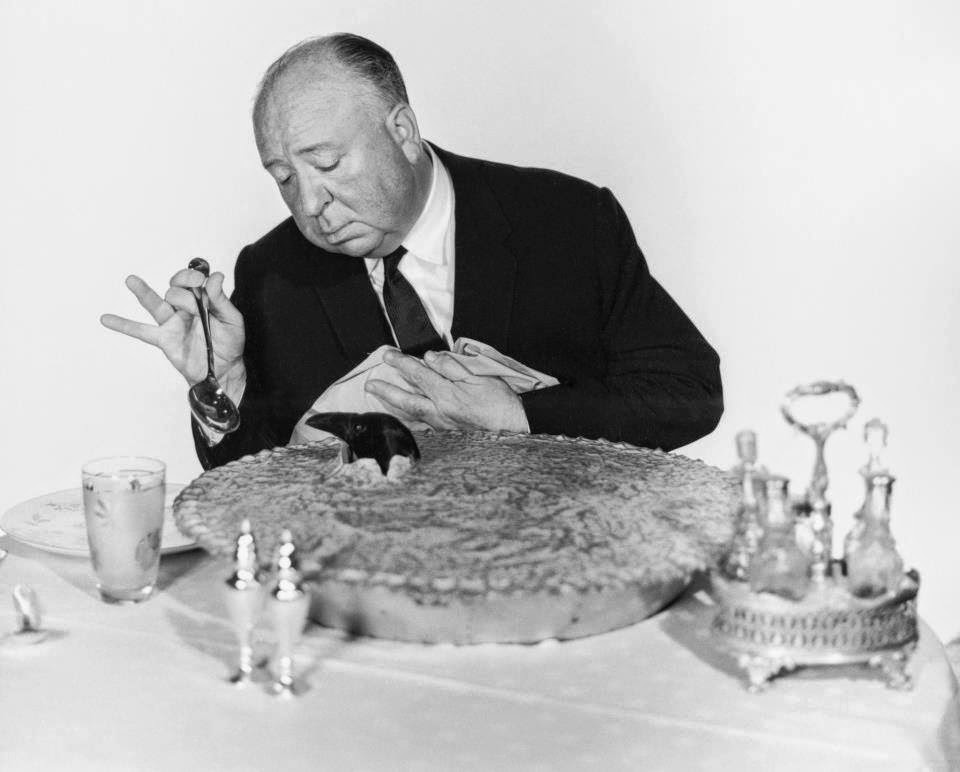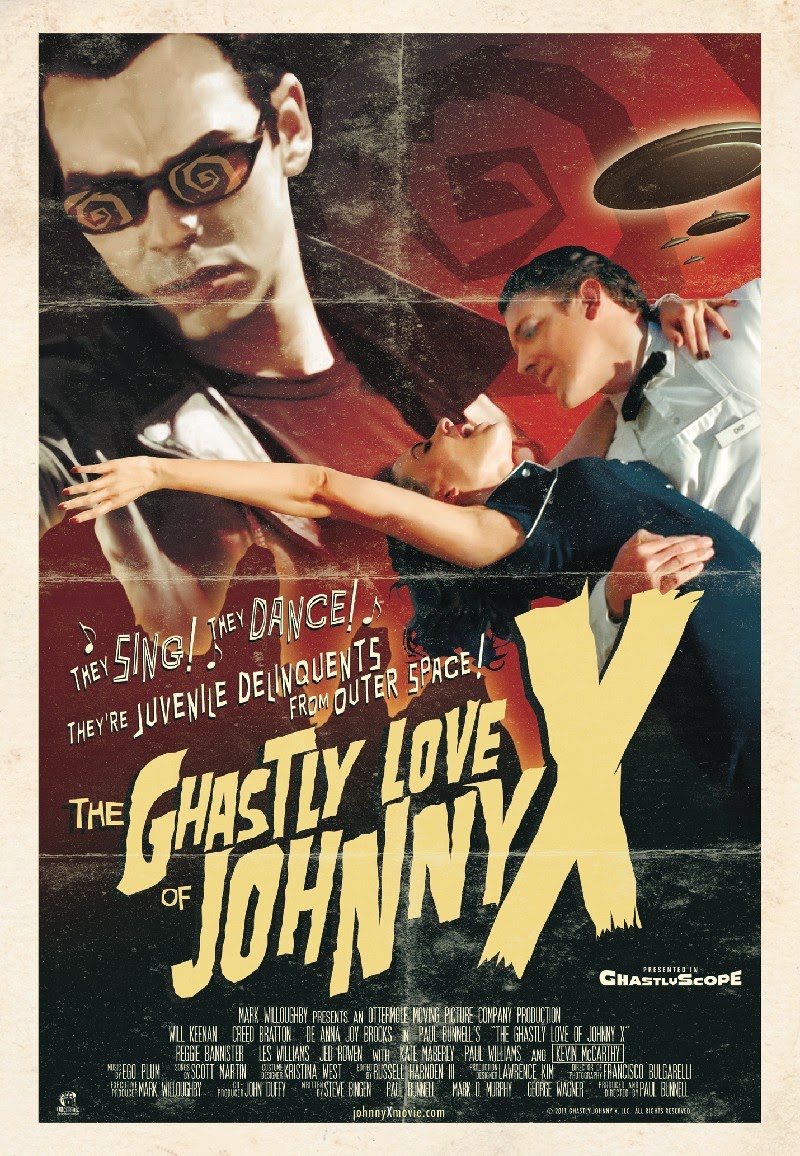Double Indemnity
The city was hot and muggy, like a dame who just went on her first
picnic and discovered what true love meant. The corner coffee shops
were full of the late night denizens. Sure, they could go home. But
at home the coffee tasted only of regret and unicorn tears. There I
was. Out in the middle of it all. Driving around the city streets
with a head full of two dollar words and five dollar ideas. I was in
a hurry, because my head wasn't the only thing full of something.
There was the constant reminder of that piece of lead stuck between
my ribs. I had been shot, and I was fading. Fast.
This
week Andy's Film Club watched Billy Wilder's 1944 Noir classic Double
Indemnity,
and hence I felt a particular desire to open this week's column about
that film with some Noir flare of my own. Starring Fred MacMurray,
Barbara Stanwyck, and Edward G. Robinson, Double
Indemnity
is one of two Noir masterpieces that Billy Wilder made. The other
being Sunset Blvd.
Double Indemnity
is the story of an insurance salesmen, Walter Neff (MacMurray). Neff
makes a routine house call, and meets the wife of the client he was
sent there to talk to, Phyllis Dietrichson (Stanwyck).
Neff is immediately attracted to
Phyllis, who we learn isn't as happily married as one might think.
Neff attempts to make a move, and that leads to a great exchange in a
film with amazing dialogue from beginning to end. The moment happens
when Phyllis tells Walter that her husband isn't home, and to come
back tomorrow.
Phyllis: I guess so, I usually am.
Neff: Same chair, same perfume, same anklet?
Phyllis: I wonder if I know what you mean.
Neff: I wonder if you wonder.
The movie is full of exchanges like
that, and it'll make you want to go around calling everyone “dame”
or “baby”. So what happens beyond that? This is a Film Noir after
all. Neff and Phyllis cook up a scheme to murder her husband, and
make it look like an accident. Tricking her husband into singing a
double indemnity clause, for double payment on his life insurance.
But Walter's boss, claims adjuster Barton Keys (Robinson), thinks
something is up with the death. I must stop there, for spoilers
abound beyond that.
Billy Wilder is one of my favorite
directors. I'm amazed by how diverse a career Wilder had. Gritty
noir films, like this one. Films full of social commentary, such as
1951's Ace In The Hole, a
film about media manipulation that's eerily more relevant now. To
bonafide comedy classics such as Some Like It Hot,
and the delightful The Private Life of Sherlock Holmes.
If he only had a few hits under his belt, it wouldn't anything to
celebrate. But any glance around the filmography of Billy Wilder
reveals a number of genuine all time great movies.
So what did the
film club think? One aspect in the film is that MacMurray's character
lights matches for his cigarettes only with his thumb. It seems that
each and every one of us tried to do it at least a few times, and
failed. Most of the group liked it, one didn't care for it as they
had a hard time identifying with any of the characters. Which is
understandable, there's maybe only one likeable character in the
entire movie. If anything, I'm glad people are enjoying this little
media experiment, and that no one has said any film sucks--yet.
Join us for next
week, as we look at the only movie on the list that I've actually
never ever seen. 1971's “They Might Be Giants”.



Comments
Post a Comment